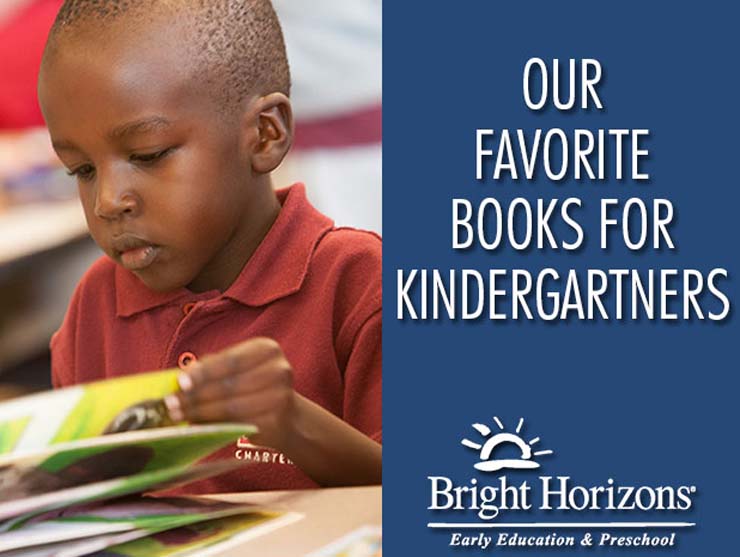We’ve all had the experience of making a mistake that we needed to apologize for or being asked to forgive someone whom we felt had wronged us. Both situations are tricky circumstances that can either be handled and quickly forgotten or be mishandled and create feelings that linger. How do we guide children in giving apologies or granting forgiveness when we as adults aren’t always so deft at these skills ourselves?
How to Apologize
Situations that may need an apology occur regularly between children. A sibling may accidentally bump into their younger brother. Your child may get upset with a friend who won a game your child really wanted to win. It is easy to tell a child to apologize and figure the incident is over, but apologizing between children can become routine. This leaves children thinking that they don’t need to be responsible for their actions beyond a one-word apology. Sometimes, when we pressure our children to say “I’m sorry”, over time, children may feel resentful of this request because they don’t really feel sorry.
Similar to all learned skills, a carefully crafted and solid foundation is required for your child to ultimately understand how to apologize sincerely. The development of empathy, positive social relationships, and the ability to take responsibility for our actions is closely linked to the skill of sincere apologies. For young children to be able to effectively and sincerely apologize with meaning, there are several other social-emotional skills that need to be developing including:
- Empathy: being able to understand and share the feelings of another.
- Active Listening: paying full attention to someone else and showing interest in what they have to say and how they feel.
- Problem-solving: navigating disagreements and finding solutions that are beneficial to all involved (this is a big part of sincere apologies!)
- Self-awareness: recognizing one’s own emotions, strengths, development areas, and understanding their impact on others.
- Self-expression/Self-advocacy: expressing one’s thoughts, feelings, and needs in a respectful and confident manner.
When supporting conflict resolution with children, it is much easier for children to take responsibility for their actions when we have created an environment where mistakes are viewed as opportunities to learn; when we can help children see the consequences of their actions. It is important to keep in mind here that consequences are not the same as punishments, as consequences are natural, logical and generally do not require adult intervention.
Consider the child’s age and the seriousness of the incident in determining how to respond. When responding, try to respond with connection first. Working on solutions will be that much more productive when you have taken time to connect before you correct. This also continues to reinforce the importance of relationships at the forefront of our interactions; which is, after all, what apologies work to repair. “You knocked Sam down. They bumped their elbow. Look, they’re crying. I know you didn’t mean to hurt them , but what do you think you can do to help them feel better?” Suggest that the child who caused the accident, whether intentional or not, ask the hurt child if they want a hug, an ice pack or something else. Understanding the consequences of their actions and helping to fix the situation are two key elements in helping children develop empathy for others.
Remember that one of the most important strategies to teach children how to apologize is modeling all of this for your child. Made a mistake? Make sure your child can see and hear you taking accountability for your actions, and problem-solving your mistakes. The more you model this intentionally and genuinely, the better equipped your child will be.
How to Forgive
Many of us have unresolved issues with the people in our lives. We may hold onto a grudge for years towards someone who wronged us in the past. Forgiving someone, even if it is just in our minds, is much healthier and can even feel freeing. The same can be said for children. In general, children are much quicker to forgive than adults. They can be angry one minute, then back to being best friends the next. We can often learn from children in this area.
It may be useful to explain forgiveness to a child.
- It is important for your child to know that forgiveness is a process that shouldn’t be rushed. Just as we shouldn’t force an apology before we actually mean it, the same is true for forgiveness. Forgiveness comes when we allow children the time to be with and understand their feelings while working to know what may be needed to help them feel better.
- Forgiving does not mean forgetting; someone or something that is causing repeated harm should be viewed with a different lens.
- Explain that everyone makes mistakes and that accidents can and do happen. Work with your child to be able to identify these instances.
- With conflict resolution for kids, it is important to clarify to the hurt child when an incident was unintentional. “Shaun didn’t mean to knock you down. They were running really fast and bumped into you.” When an incident is intentional, the adults involved can talk it through with the child to find out why it happened. “I saw you push Danielle. Can you tell me more about what happened? Are you feeling angry?” Even very young children should be exposed to “feelings” language.





